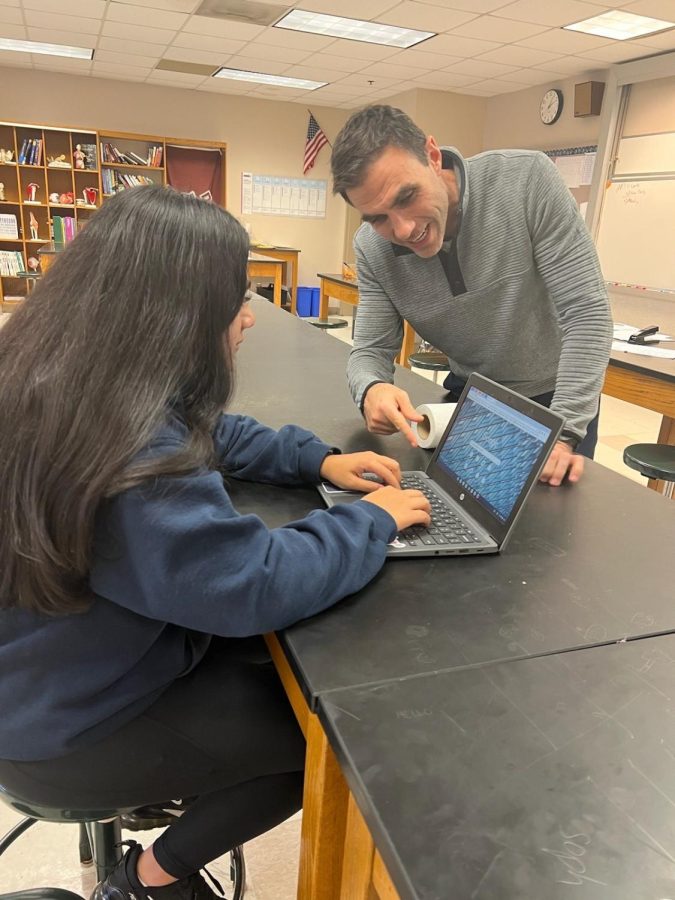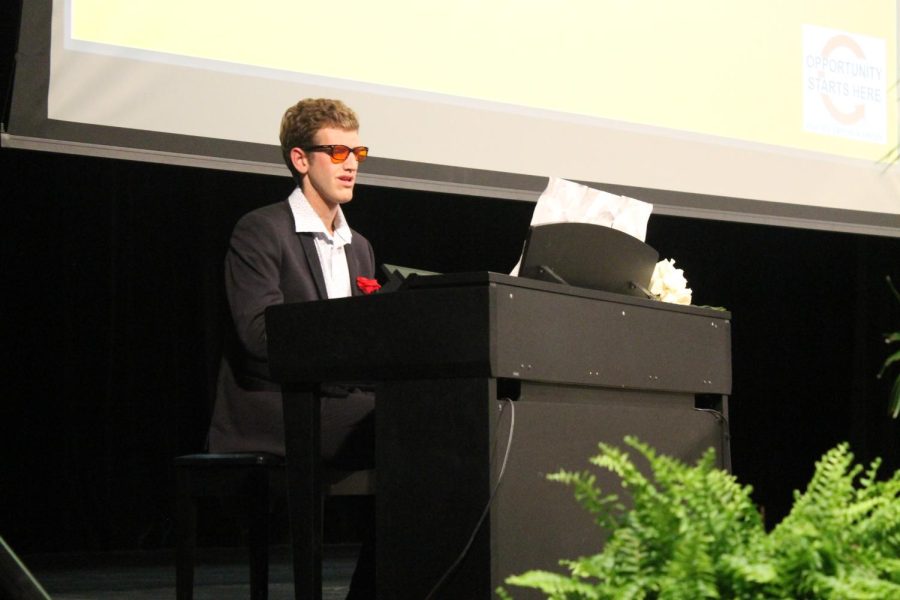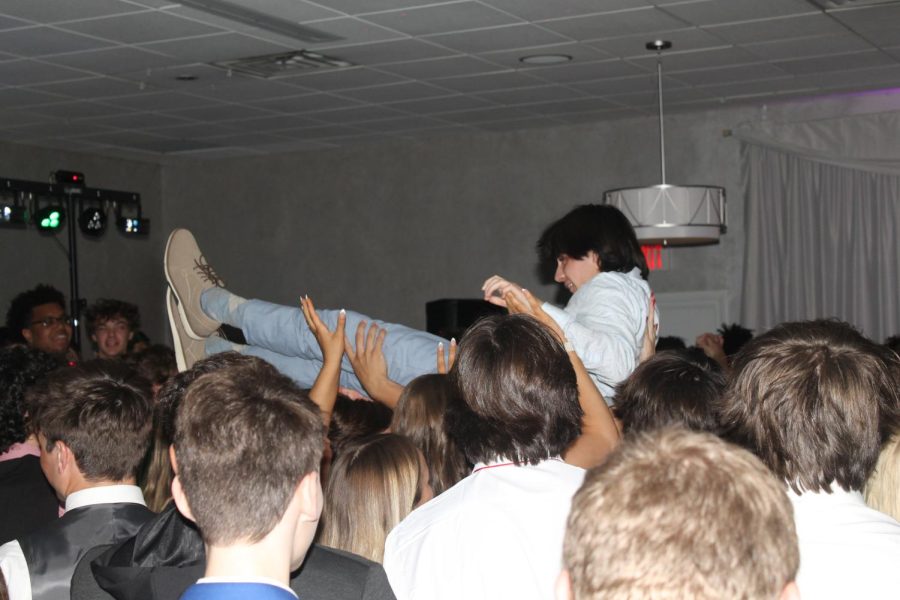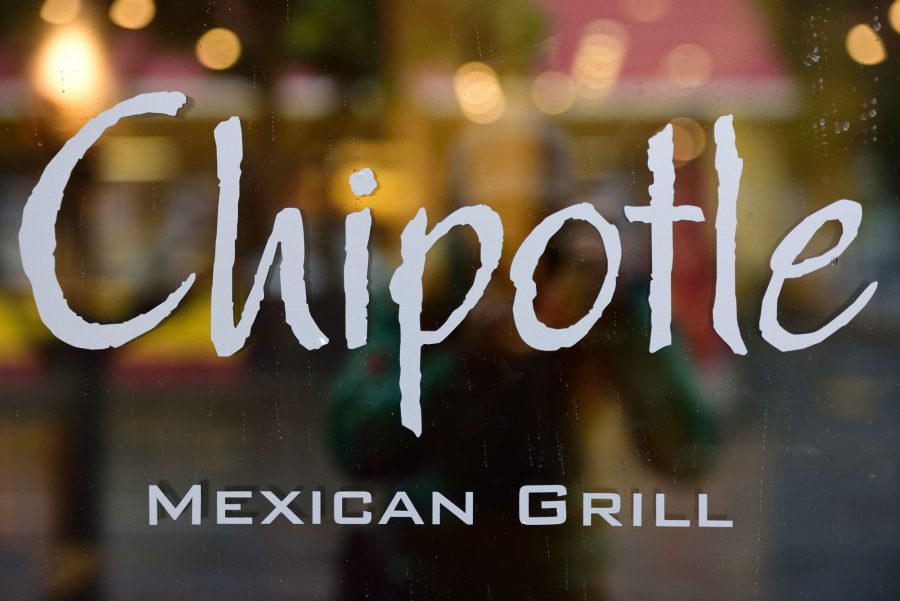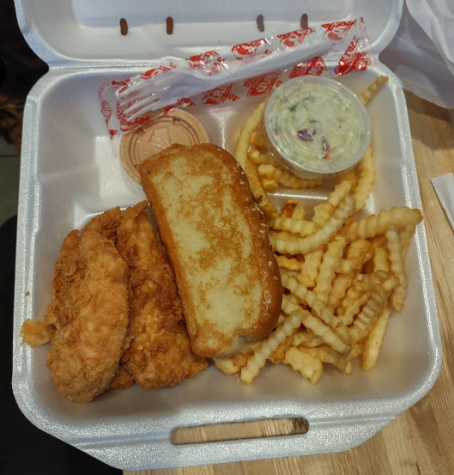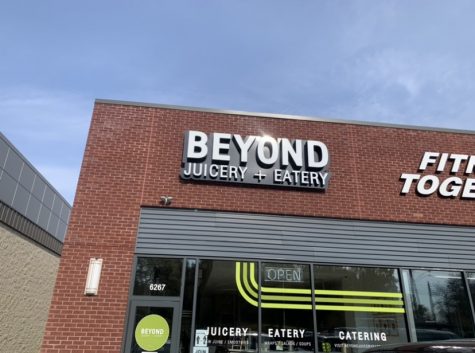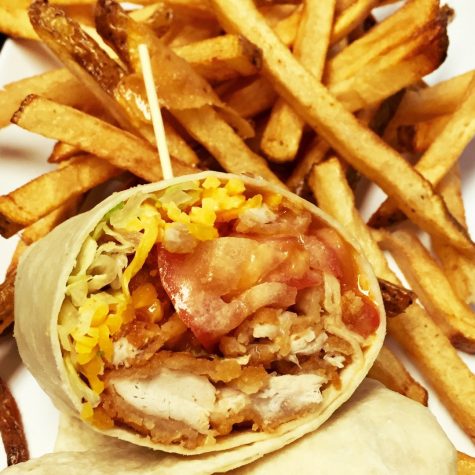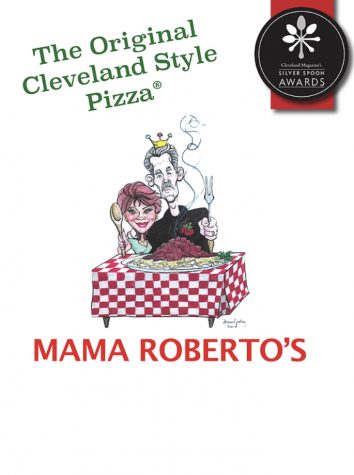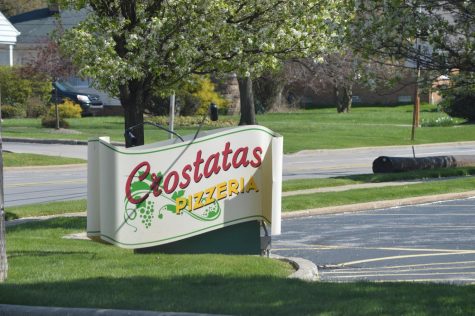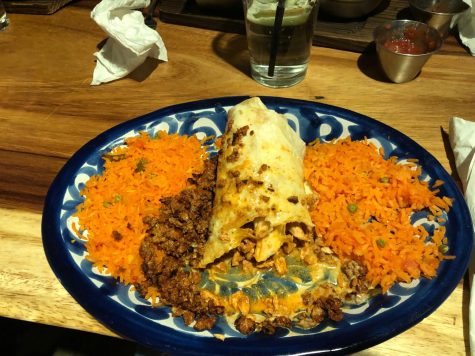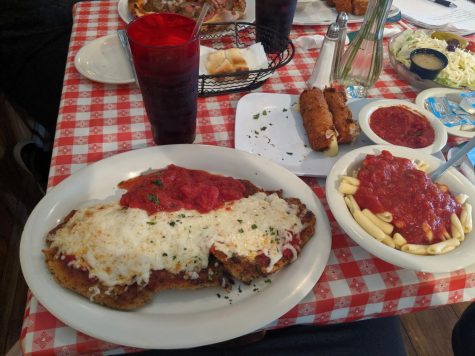Chipotle bounces back
A closed Chipotle restaurant in Portland, Ore., on Oct. 31, 2015. Since then, the company has aggressively worked to maintain it’s positive brand name.
May 23, 2016
A famous chain like Chipotle springs from humble beginnings. Steve Ells was an Arts History major living in Indianapolis, and graduating from culinary school in 1990. When he first thought up Chipotle, he didn’t have the means to finance the idea so he sought out money from his family and friends to help him along: Chipotle was born.
Chipotle has developed a large audience, mainly comprised of younger adults and teenagers. But after an E. coli outbreak in a total of eleven states—including Ohio— all linked back to Chipotle food, Chipotle’s popularity amongst its usual crowd took a turn for the worst.
The majority of these cases were reported from Oregon and Washington, in October 2015, where Chipotle management worked closely with the FDA and health consultants to solve the issue.
Chipotle Mexican Grill, more commonly referred to as Chipotle, is an American chain of fast food restaurants that has since spread to the United Kingdom, Canada, Germany, and France.
Founded in 1993 by Ells, Chipotle didn’t fully expand until after McDonald’s had taken the world by storm.
Chipotle has loyal customers as well as loyal employees. Enter Elizabeth Gillen, a junior at Mayfield High School and a part-time Chipotle worker, who believes that Chipotle behaved in the best manner that they could: calmly and moderately.
“[Chipotle] responded very cautiously; We had so many new safety notes, like literally every day there would be something new,” said Gillen. “We started blanching our vegetables in hot water to make sure that the E. coli didn’t spread. There was one day where… we literally had to throw out all the food we made because we weren’t sure about the health of the cilantro that we used.”
Gina Burich, a Mayfield High School French teacher, said, “I’m not a huge fan of Chipotle but I understand the attraction for young people: you know, getting to pick the components of your meal and freedoms such as that.”
Aida Maalouf is mother of two and another Chipotle employee that thinks that Chipotle did all they could in terms of safety, after the outbreak. She said, “[Management] sanitized more and generally took more precautions in terms of food: They set up timers for the employees to make sure that they wash their hands every 30 minutes. Also, the lettuce that we used, along with most other ingredients, comes pre-packaged and pre-sanitized now.”
Chipotle, some believe, should’ve prevented such a wide spread of the outbreak to stem from their food in the first place. But others think that Chipotle did all it could in terms of recovering their customers and terminating the outbreak as it came.
“At first I thought [the E. coli outbreak] was a rumor spread to halt the business of Chipotle,” said Burich, who believed that Chipotle had done all they could, “Do you know that they even sent us all coupons? You know, you can’t really control this sort of thing. I mean, if a cow or crop has some sort of disease, how is that Chipotle’s fault? Unless they quarantine their crops there really isn’t another solution…”
Maalouf agreed, as she works there and believes that the staff and other employees are extremely nice, “They’re really nice; the management makes sure that you feel welcome, even if you’re staff.”
Three local Chipotle managers were reached and made no comment.





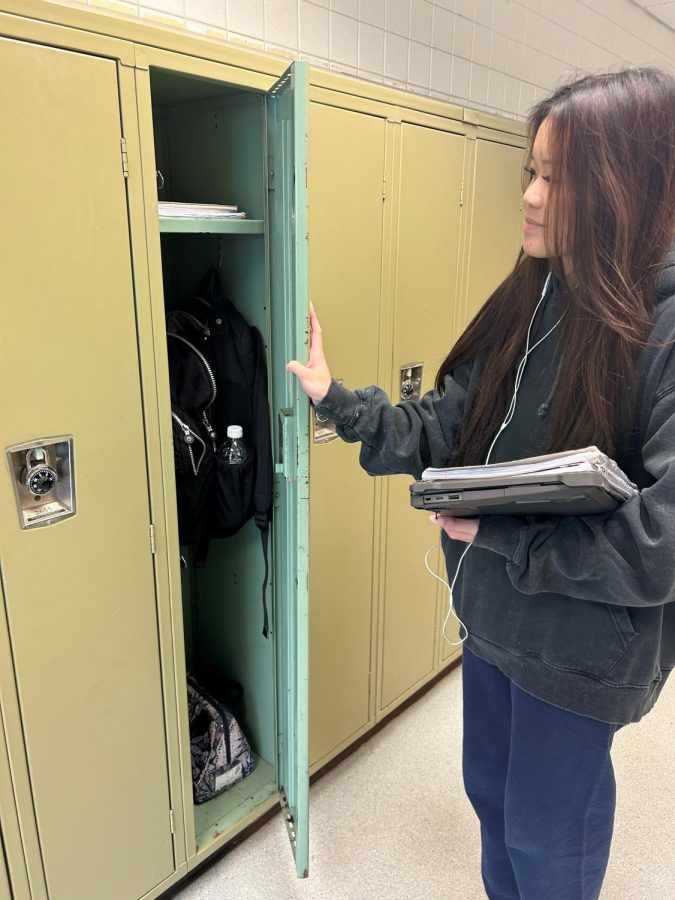

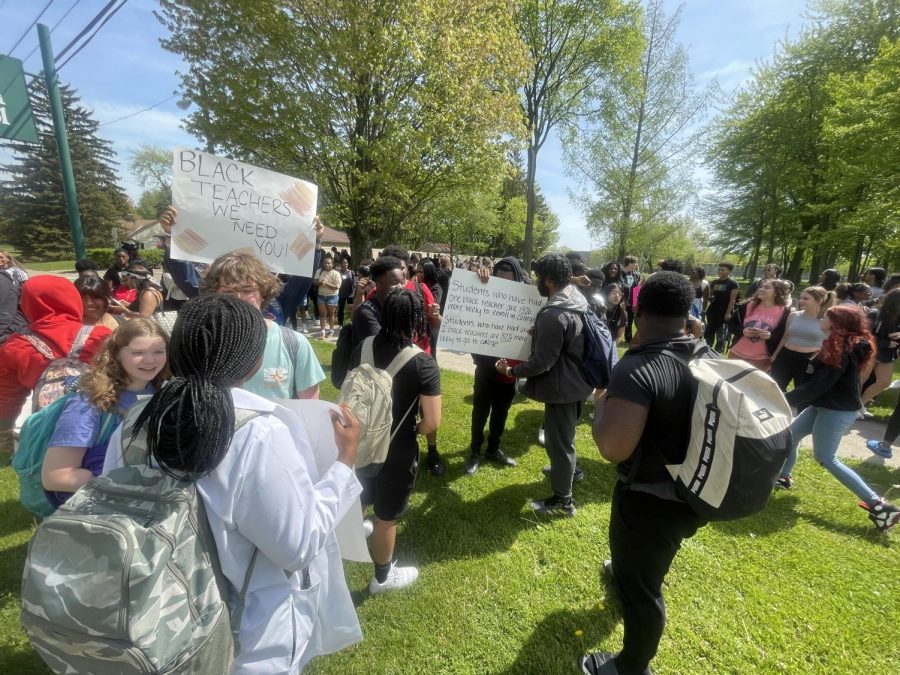
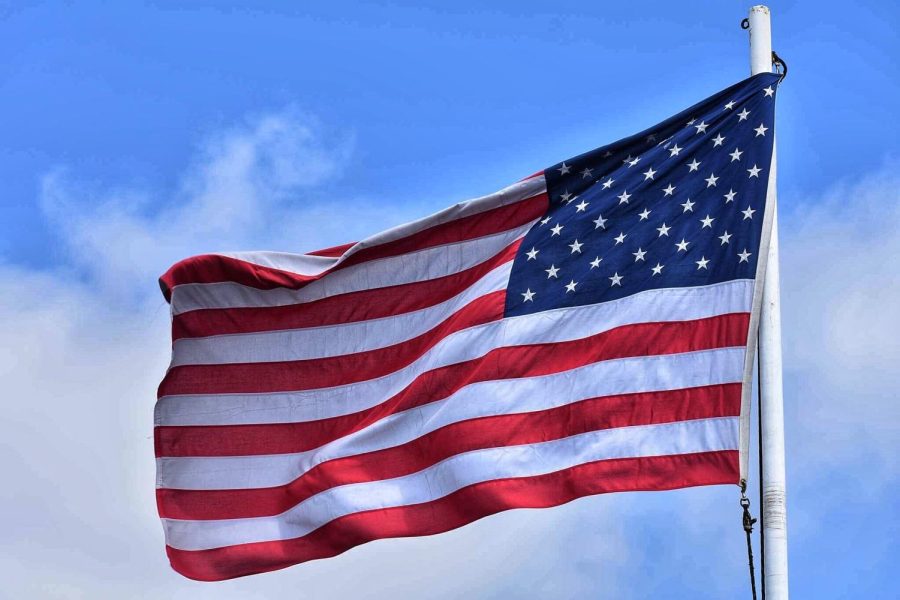
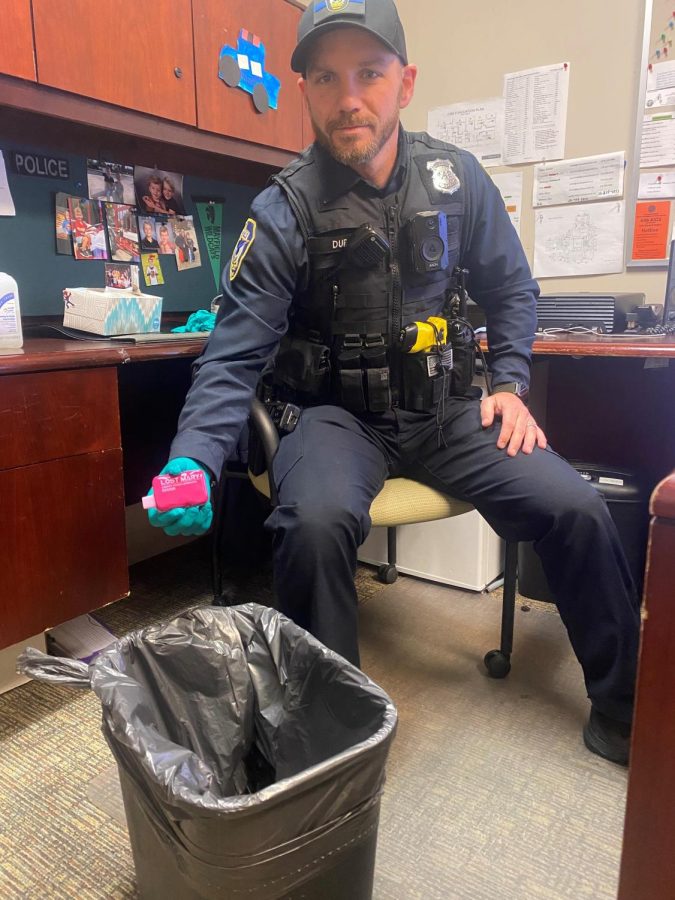
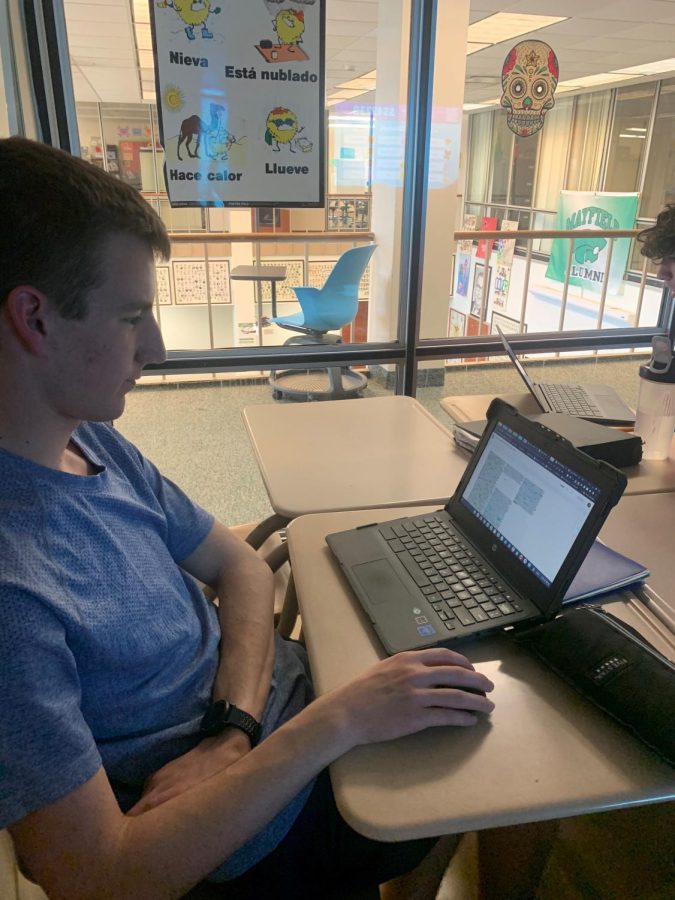




![Russian president Vladimir Putin took action to invade Ukraine on Feb. 24. According to the PBS Frontline episode Putins Revenge, Putin is obsessed with his image and how he and his countrys actions are portrayed. The Atlantics Julia Ioffe said, [Putin] watches tapes of the evening news over and over and over again to see how he’s portrayed, to see how he looks.](https://pawprintnews.org/wp-content/uploads/2022/04/putin-5277284_1920-900x596.jpg)




